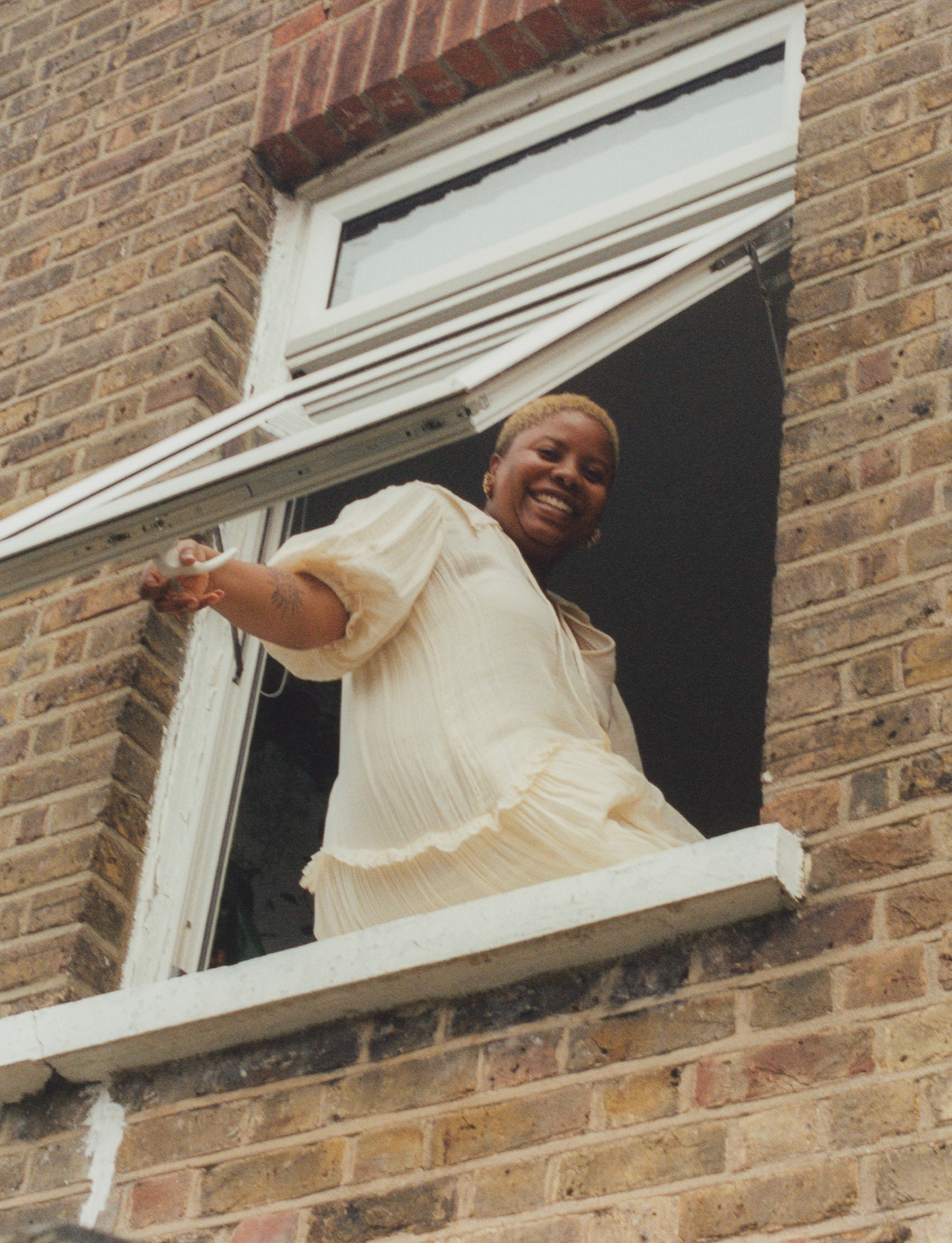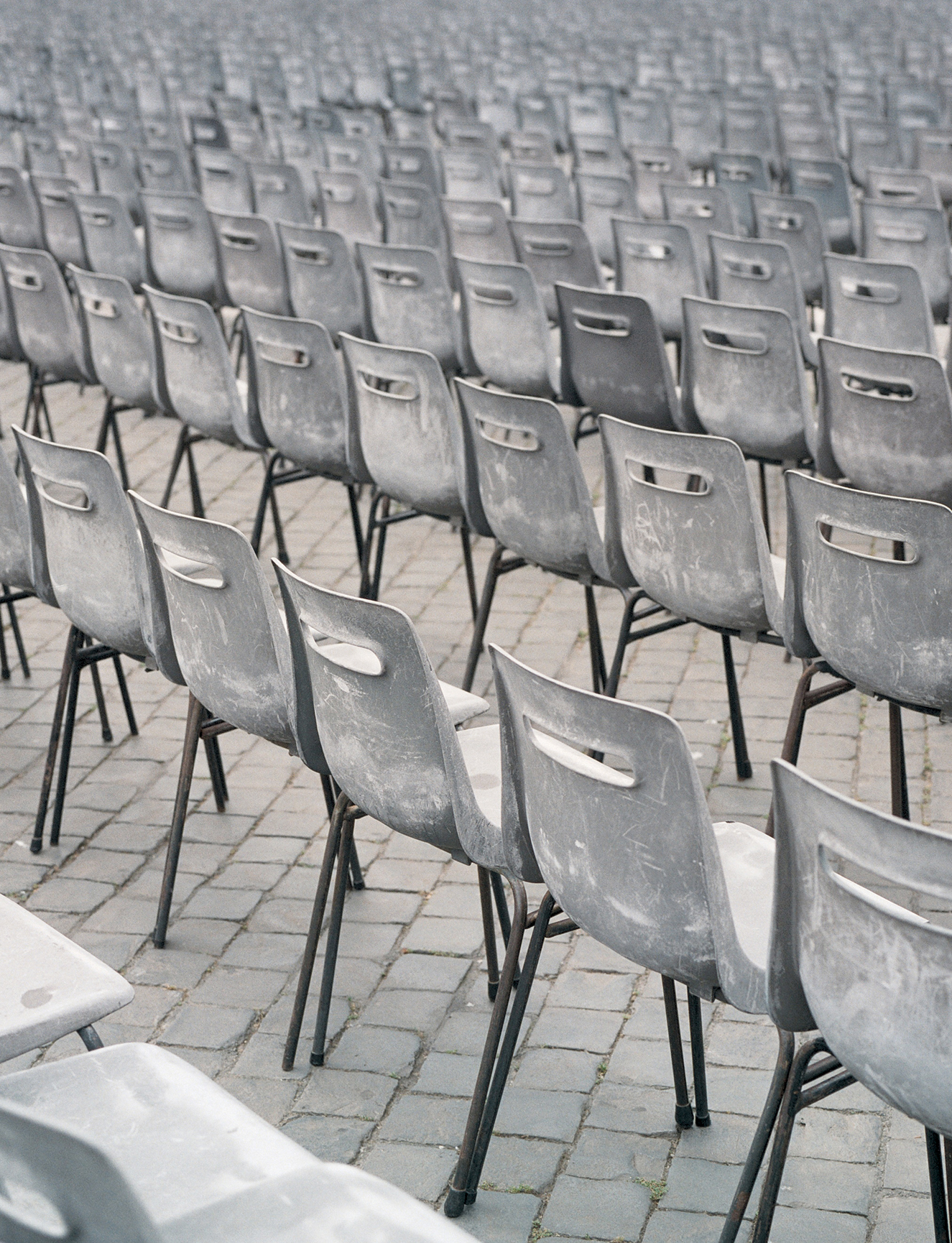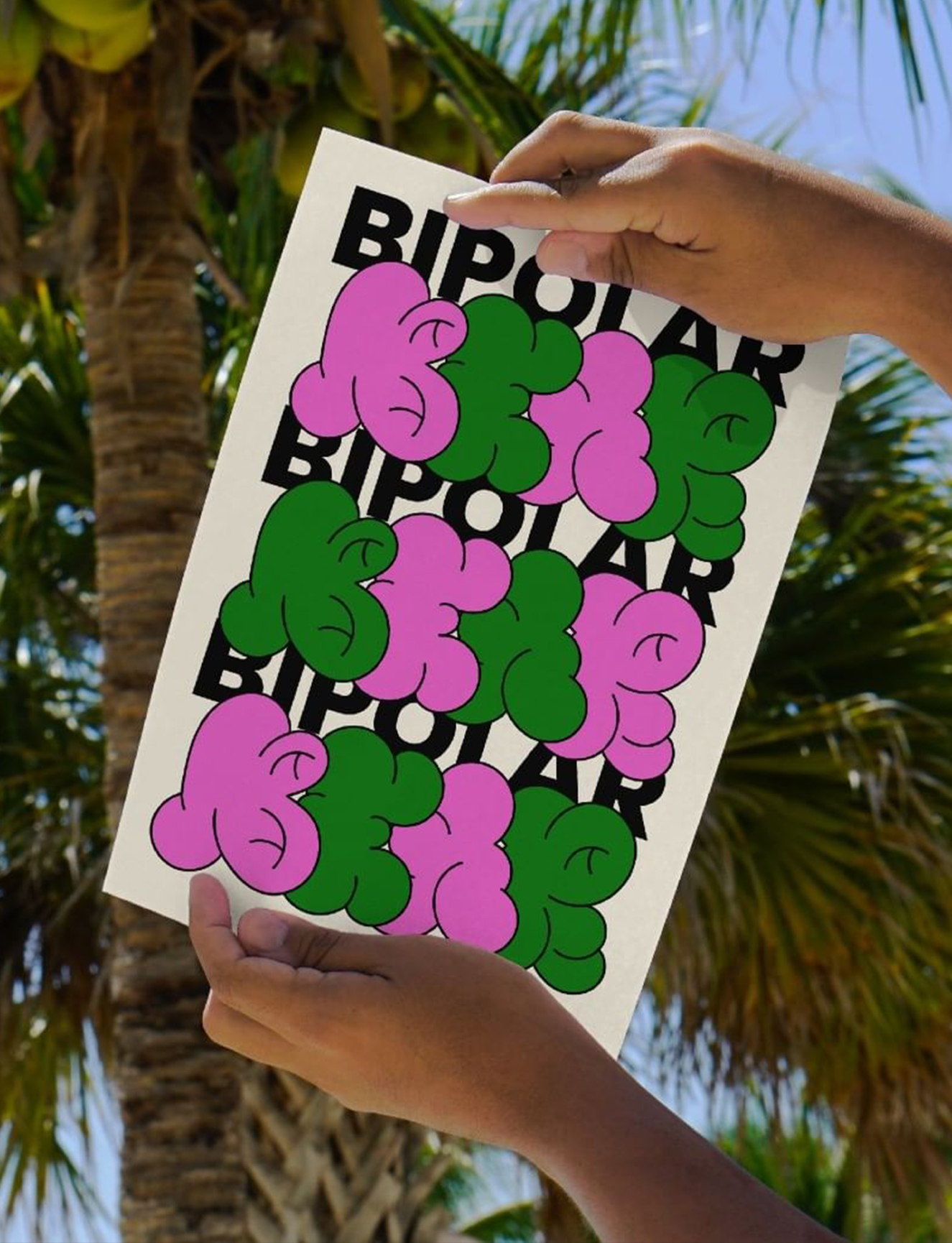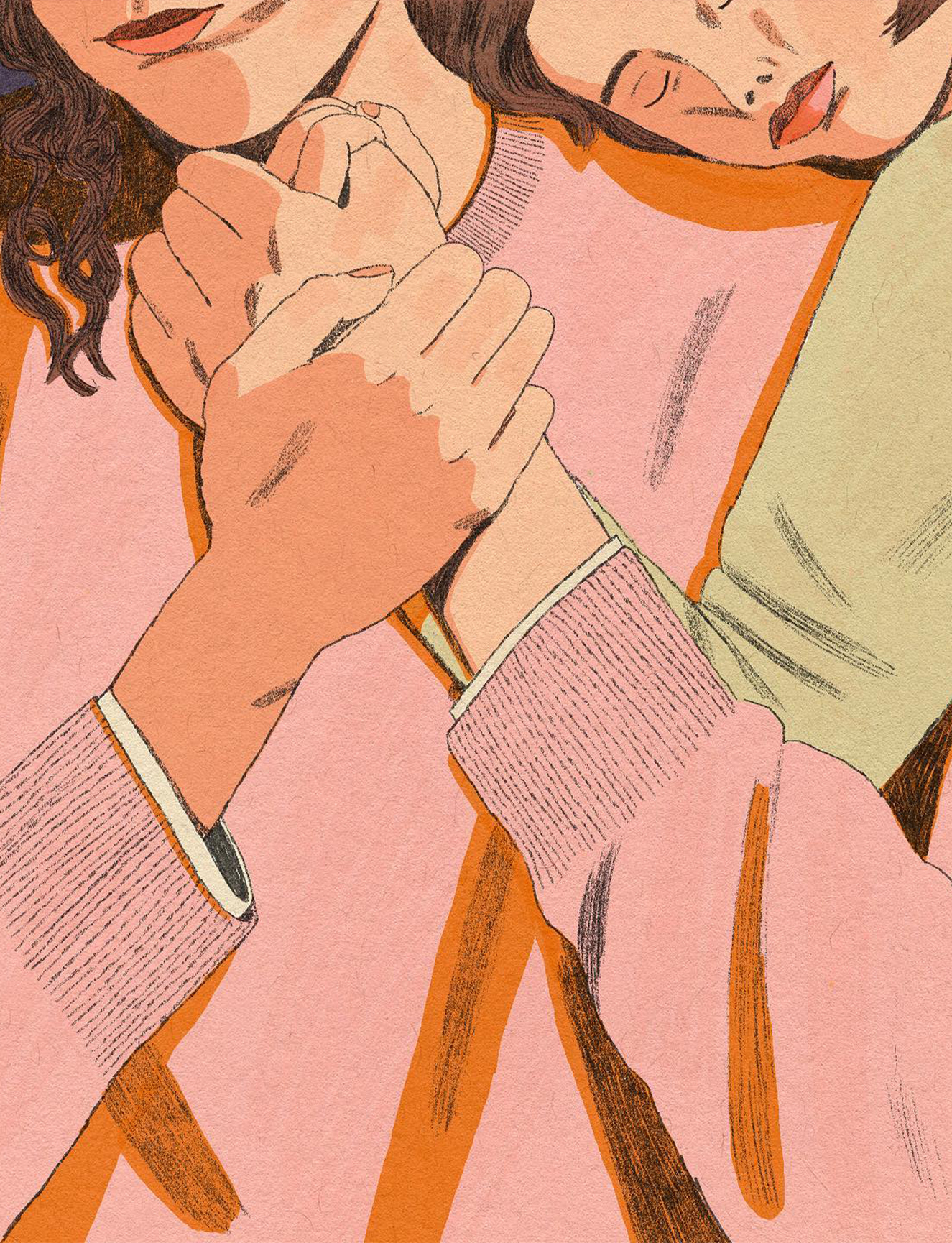You’re currently fundraising for your second book, so I wanted to start by talking a little about the journey you’ve been on since the first publication of The Slow Grind, and what you envision for the second book.
At first I sold the book from I think June until September, because I wanted to have a cut off. Initially I actually only wanted to sell 200 copies, but because I was using Big Cartel’s free platform at the time, I wasn’t able to put in stock numbers. The sales ended up spiralling, and I think it ended up at 500 copies! I thought, “500 copies? I can’t cope with this, I need to stop it right now.” But that was good. Then I reprinted it because I got a grant with Mulberry at the end of 2021 going into 2022, and those are the copies we’re still selling now to help keep the platform going.
The big difference is black square summer really. I think for a lot of Black creators that was a time when things were amplified in a way that was, for some people, really hard to manage. It gave a lot of projections that were, I guess, false, which were based on people’s ability or desire at that time, and in that period, to respond and support. That’s something that I’ve definitely seen a huge drop off in. It’s a lot of labour to keep on trying to communicate why you should exist, why your work should exist, why you need support and everything else.
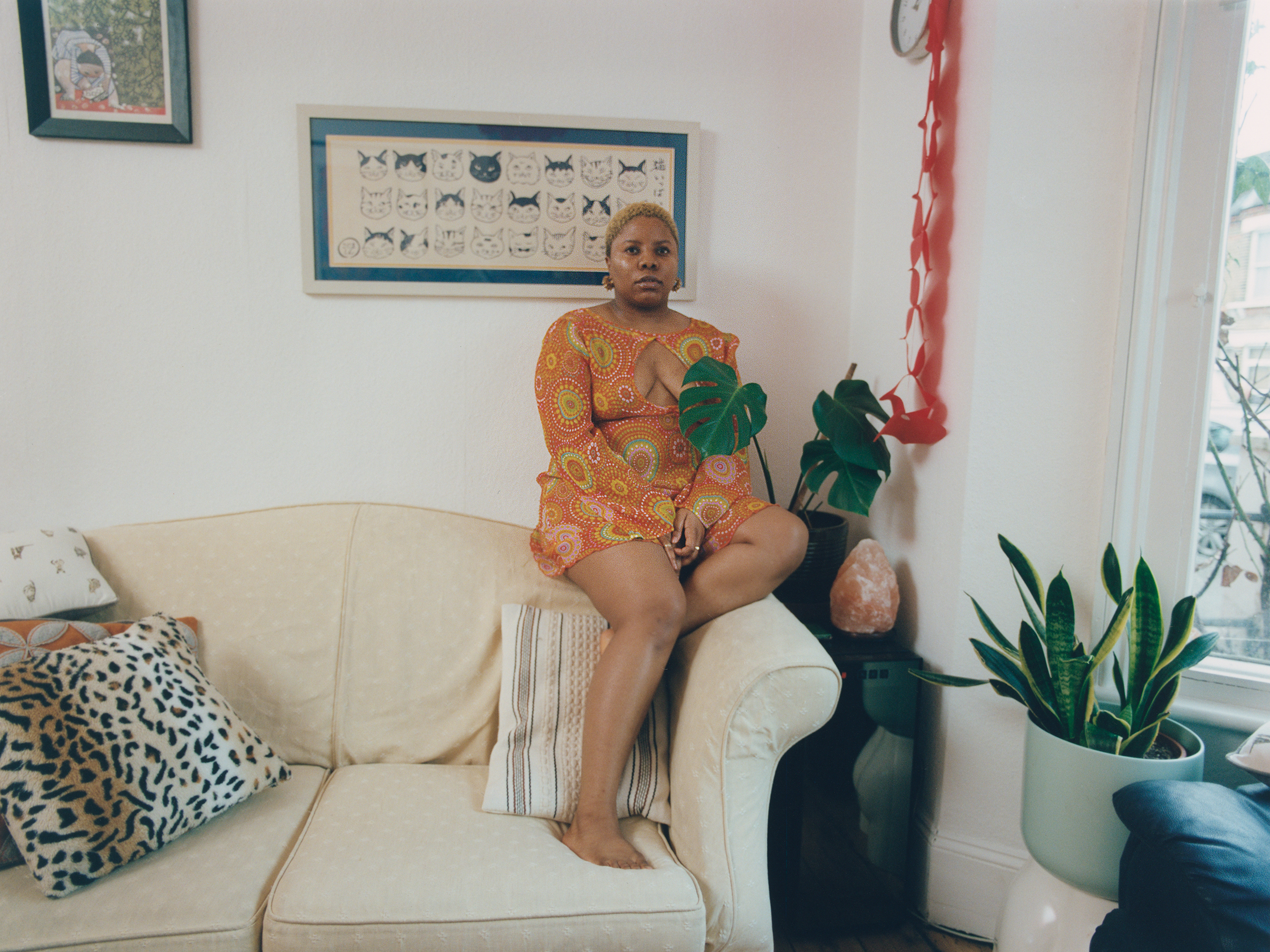
I think what’s interesting is that a lot of companies, platforms and communities that are predominantly white owned, don’t see this as, not only an issue, but as something that they are doing. I’m interested to see what the response will be like for the second book, because I’m really happy with the way that people have responded to it, but I’m also thinking, “Will people stand behind their words?” Because, like I said, things have dropped off for a lot of people in the Black community, and it’s so annoying that a lot of our existence is rooted in the ability of specific spaces to decide that we are worthy of space.
I’m raising money for a next book because I believe in the project, and I want to have three in the series ultimately. This forthcoming one will be about art ecology, and the people that are involved will come from all over the place, which is exciting.
In a recent interview with Apartamento you said: “I approached The Slow Grind through thinking about sustainability in a mental health sense, and as a social justice issue.” I’m really interested in this holistic, interconnected way of thinking about issues and the way we live.
I think it just makes sense that things are intersectional. I didn’t come up with the idea, but it’s just something I’ve consistently seen or witnessed. It did kind of take until the summer of 2020 for people to start hearing the term ‘intersectional environmentalism’, and at the time it felt wonderful that I was bringing out a book that was two years in the making that was around that subject.
I guess one of the main reasons that I started the project was that it’s just so obvious that the industry wears people down, both mentally and physically. People don’t want to call it out or say it, but I don’t think it’s a negative thing to say: I’m exhausted by the practices that are so prevalent in this industry, and by the cultural framework that is within society. It’s not a negative thing to say if you then come with solutions, discourse, and the want to have conversations around these things.
The industry wears people down
The reason that I would prioritise thinking about mental health and mental wellbeing; a lot of the decisions that we make do come quite naturally from our minds. The agency that we have, the way that we see the world, oftentimes, are just a result of, and rooted in our experience. Joy, memory, all these types of things, these are impacting the way that we move in the world. So why shouldn’t we look at mental health and wellbeing as these key two things that influence decisions that we make about the future? Why we waste, why we shop loads, why we are depressed, why we have certain ideas around success and professionalism.
For me it’s a constant battle to reframe my own idea of success, because it can be muddled in with everything else, especially when there’s so many ways to look at everyone else; digital media, social media. It’s very hard to untangle yourself from that and really hone your own values.
And then, I also loved that you said you were tired even of the word ‘sustainability’. It feels like such a buzzword now, can you talk a little on that?
I also said in that interview that I’m more a ‘repair and regeneration’ type person rather than a sustainability person, and I definitely stand by that. Sustainability is basically a marketing term, I feel it’s a bit void. What are we sustaining? We have almost a requirement to generate the things that we have already broken down, but we can’t sustain the way that we live and eat and act in the world. That’s not sustainable. So I think yes, the word and the term itself is just a marketing thing, or propaganda. It also puts the onus on individuals rather than on corporations, governments and policymakers. Of course we all have a part to play, but we need to demand more from these people at the top, and also from ourselves. But for me, it’s repair and regeneration over everything.
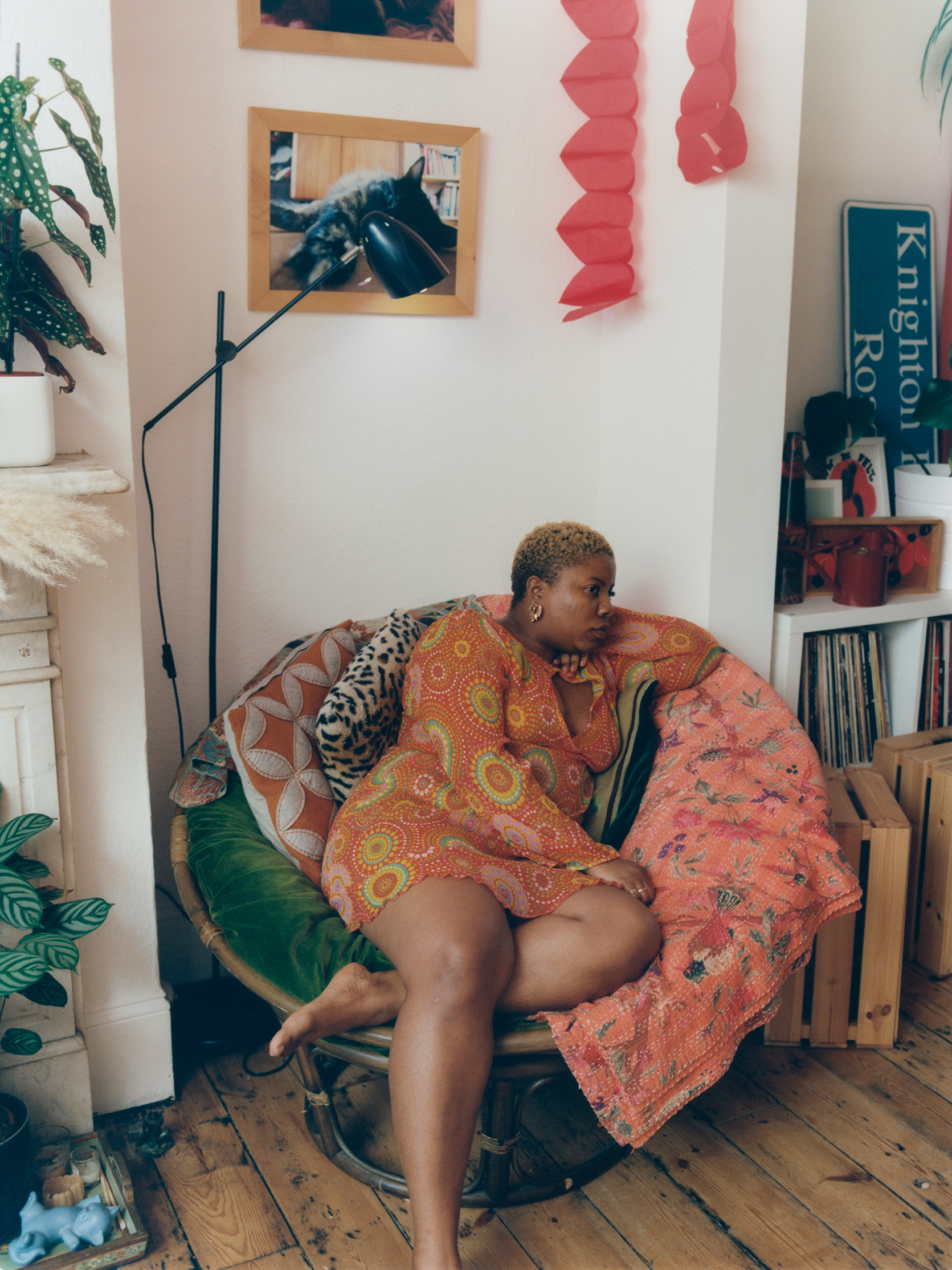
“There’s no need to rush” reads your Manifesto T-shirt. How valuable do you think rest, or stepping away from your practice, is for creatives?
I’m thinking about this a lot at the minute, in terms of what I want to do with the second print run of the book. I’m wondering whether to stick to what I had initially planned with the first one, and just do a really short print run, and then say, ” OK I’m done with that,” until I work on the third one. I feel like this might be what I want to do, maybe I’m just, not losing momentum about it, but it is easy to lose momentum when you’re trying to sell the same thing, and share the same kind of message.
Next time I think I do just want a period of rest after it, because something that I’m trying to move a lot more towards is prioritising my art practice. I’ve been training in print for the last two years, and that’s not something that I’ve focused on in terms of sharing that part of myself. I’m not a monolith, I don’t do one thing, I don’t enjoy doing just one thing. I feel like life is a lot more enjoyable when you have a diverse practice, and when you make time to rest. I love a nap, I am a pillow princess.
Sustainability is basically a marketing term
Maybe a way of thinking about rest as a creative is that you’re not always just doing one thing?
Yeah, definitely. I mean, I do talk sometimes about the seven different modes of rest. I think what you’re saying there is completely aligned with that, the fact that yes you are resting from doing everything. When I was studying I always thought that I had to do everything all at once, and I definitely burnt out really early on because I was trying to juggle 50,000 things at once. Juggling lots of things isn’t inherently bad, it’s finding out how to do it in a way that works. We all know that saying, “Jack of all trades, master of none”, but how the original saying actually ends is, “but oftentimes better than master of one.”
I’m really interested in the appreciation your manifesto has for failure. Can you talk about a time that you ‘failed’ and the value that had?
At the moment I’m reading Alice Walker’s book We Are the Ones We Have Been Waiting For, for an essay I’m writing about suicide prevention. When I’m doing my reading and thinking about the issue, I’m thinking about how life will just give you a pause, whether you want it, and it’s often as you finish a project, and you’re racing towards the future. This is what Walker says in the book too, it’s about pause. I’ve had so many moments, and they most notably went after I finished or was very busy on a project, where, I don’t know if it was necessarily failing, but I know that I felt like a failure.
Sometimes it’s about taking things as they come
When I finished the book and the process of publishing it, I had a bipolar episode and had to go into a mental health facility. I was really unwell, and it took me most of 2021 to recover, and I felt massively like a failure, because I was always having people coming up to me, or messaging me, emailing me, to talk about the impact of my work, and I was literally in a mental health hospital maybe once a week. Internally I felt like a failure, I don’t know if it can be categorically considered a failure. But then I think I felt that way because illness, health, mental health, any of those things, anything that means that you can’t contribute towards capitalism right there and then, all the time, does kind of render you a failure. And I felt that hard.
Was your childhood creative?
When my parents were clearing out our family home a couple of years ago, we found a lot of drawings, and report cards that you get from primary school. My teacher, I think, at the time, they were teaching us about 1920s flappers, and the report card said something like, “Georgina shows a lot of promise in fashion, she likes to draw, and she likes to draw clothes especially.” So yes, definitely.
Do you feel understood creatively?
I think in the other parts of my practice, not necessarily, but that’s also because I haven’t taken huge leaps with it yet. I also have a tendency to minimise things that have happened. So when people do say something of mine was really brilliant, I’m just like, “Oh, my God you’re so dramatic.” I think I’ve always been like that, so maybe it’s that I don’t understand the magnitude of some of the things.
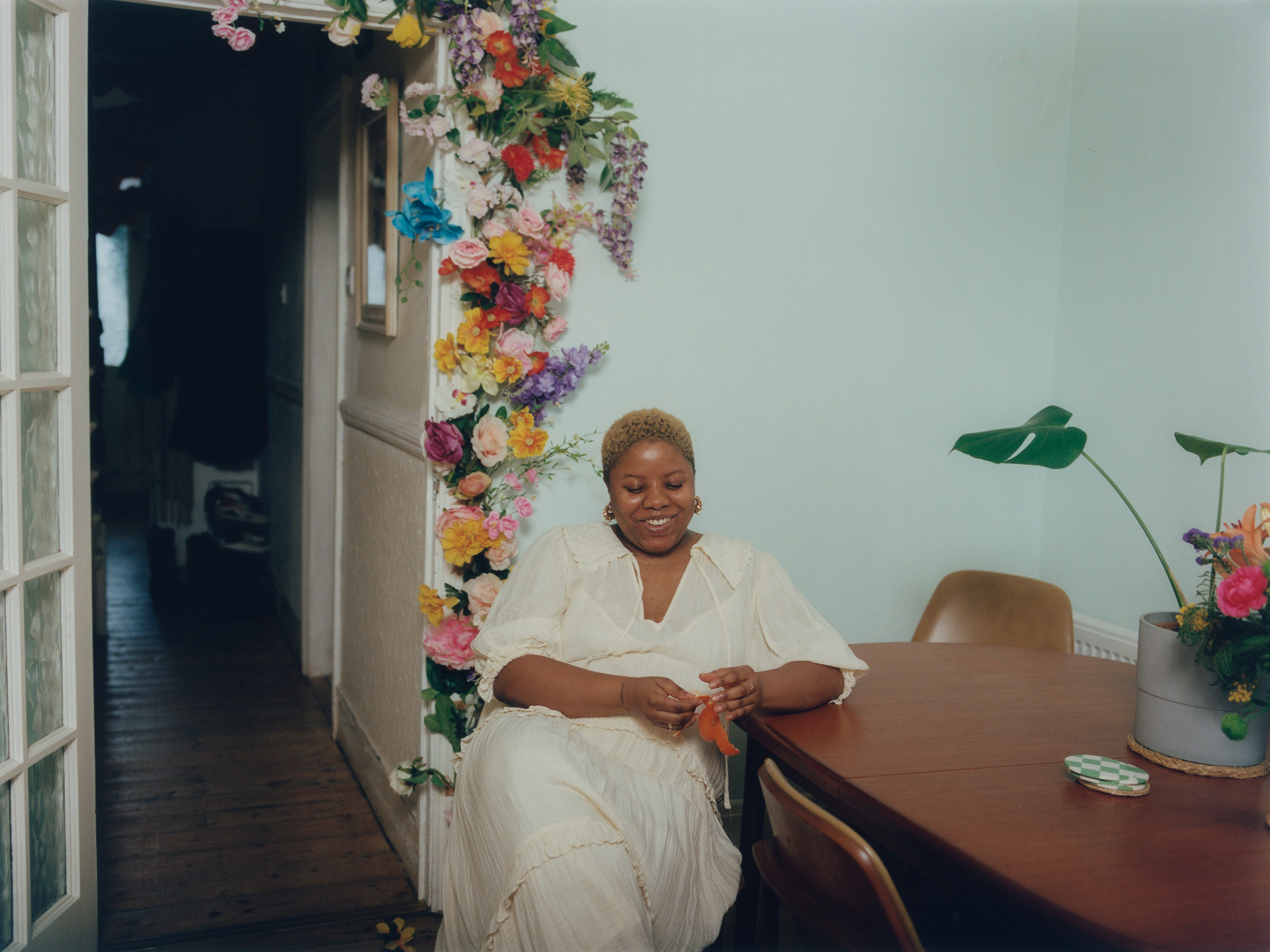
Especially in terms of you being so multidisciplinary, are you guided by strong urges to finish every project that you start?
I would say so, but maybe I’m a lot more receptive to them finishing in different ways. Before I was very strict with my vision; I am super particular with visuals and artistic direction, I can’t lie about that. But in terms of the way that things take shape, I’m now okay with them changing.
Of course it’s the subject of the whole first book, but as a topline, what does ‘creative balance’ mean to you?
It definitely means being in a position where you are able to embed rest into your practice, and where you are aware of, or listening to, the things that your body needs. For me I think that also includes the relationships in your life, and nurturing those. Also being flexible with things that change and not constricting your creativity. Sometimes it’s taking things as they come, and learning that as things change it doesn’t mean that you’re the sum of all those things.
I should add: I want to embody these things, all the things that I say, but that’s not always how I feel. That’s what I need to make clear, I don’t do balance necessarily. I can be really strict, but I’m trying not to be. I can be a bit rigid with the way that I want things to look, and I’m trying to not be as bad. I think creative balance is also about learning who you are and relearning, and relearning again, and changing those boundaries.
Read More: Design Is Political for Marwan Kaabour



